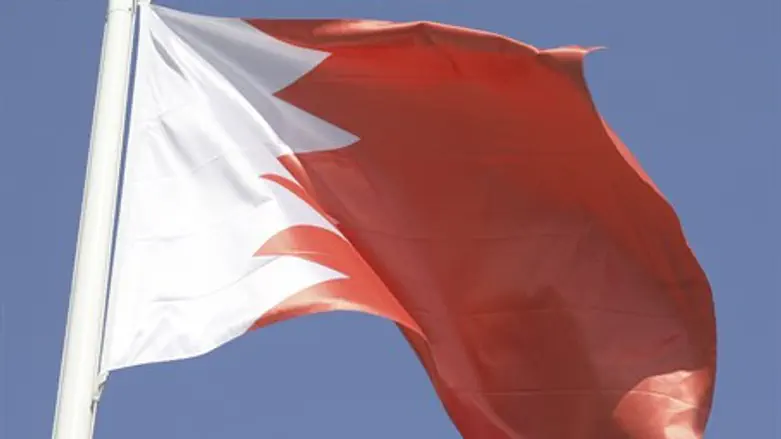
Bahrain announced on Wednesday that it has discovered a terrorist cell linked to the Iranian Revolutionary Guards and Hezbollah, reported Al-Arabiya News Channel Wednesday. The cell was allegedly plotting to carry out bombings in the country.
According to the report, the interior ministry arrested six members of the cell, but one of the members – apparently the leader – had fled to Iran. The cell was reportedly led by brothers Ali and Mohamed Fakhrawi.
The brothers are members of a group identified by the official Bahraini news agency as “Quroob al-Basta,” which is linked to the terrorist network which carried out an attack on July 28, 2015.
Ali Fakharawi had travelled to Iran in 2011 where he allegedly arranged for “logistic and financial support” for the network in Bahrain, the ministry's statement added.
The news comes just two days after Manama expelled the Iranian ambassador, following attacks on the Saudi embassy and consulate in Iran. Those attacks came after Saudi Arabia’s execution of Shiite cleric Nimr al-Nimr, along with 46 other convicted terrorists. Saudi Arabia expelled the Iranian ambassador a day before Bahrain.
Bahrain News Agency said that Ali Fakhrawi and two others had traveled to Iran and Lebanon at the end of 2011 to demand financial aid from Tehran and Hezbollah.
“They met in Beirut's southern suburbs of Dahieh with Hizbullah chief Sayyed Hassan Nasrallah and his deputy Sheikh Naim Qassem, where they proposed to them the idea of 'reviving' an Islamic movement,” it added.
“They requested financial assistance to carry out their terrorist activity in Bahrain and they received encouragement from [Hezbollah leader Hassan] Nasrallah, who also gave them 20,000 dollars for their cause,” said the news agency.
“Ali Fakhrawi traveled in mid-2015 to Iran, where he met members of the revolutionary guards, and later Lebanon where he met Qassem, who provided further support to his organization and other related terrorist groups,” it reported.
Relations between Bahrain and Hezbollah have been tense since the beginning of a 2011 uprising in the kingdom, when Hezbollah became a strong advocate of the protests.
Ties between Lebanon and Bahrain reached an all-time low in 2011, when Nasrallah slammed the crackdown on the protesters, according to Lebanese news outlet a-Nahar. Nasrallah's remarks prompted Bahraini authorities to suspend Gulf Air and Bahraini Air flights between Manama and Beirut for several months.
In January of 2015, the Gulf Cooperation Council condemned remarks by Nasrallah about Bahrain as “incitement to violence and discord.”